The legal and ethical considerations of 'resurrecting' the dead with AI

The advancement of AI has "resurrected" Mandopop diva Coco Lee, who died last year.
Recently, an AI-generated video of Lee has been making the rounds on Weibo. In the video, Lee appears with her makeup and hair done, and a relatively natural expression on her face.
She starts off by saying, "Hey, how's everyone? I'm Coco Lee. I know all of you may be surprised to see this, or even feel that this is a bit surreal. But believe me, this is a moment filled with love and gratitude, because I have a chance to meet with all of you through this video." Her words were brimming with love for her fans.
In July 2023, Lee died by suicide due to depression. She was 48 years old.
Besides Lee, late stars such as Hong Kong singer and actor Leslie Cheung, Taiwanese actor Godfrey Gao and mainland Chinese actor Qiao Renliang were also among those who were "revived" using AI.
Opening up old wounds
Upon closer observation, besides the shape of the mouth being slightly out of sync with the audio, Lee's demeanour in the video did not differ too much from that of the real person. Perhaps it is due to this reason that so many fans who remembered Lee watched and shared the video once it was released. Some commented, "The video can really bring one to tears. It felt as if Coco was still alive."
Others added, "It doesn't feel like she left at all."
However, several netizens felt that using AI to revive Lee's visage in life is not only disrespectful to Lee and her family, it is also "being irresponsible with our own emotions".
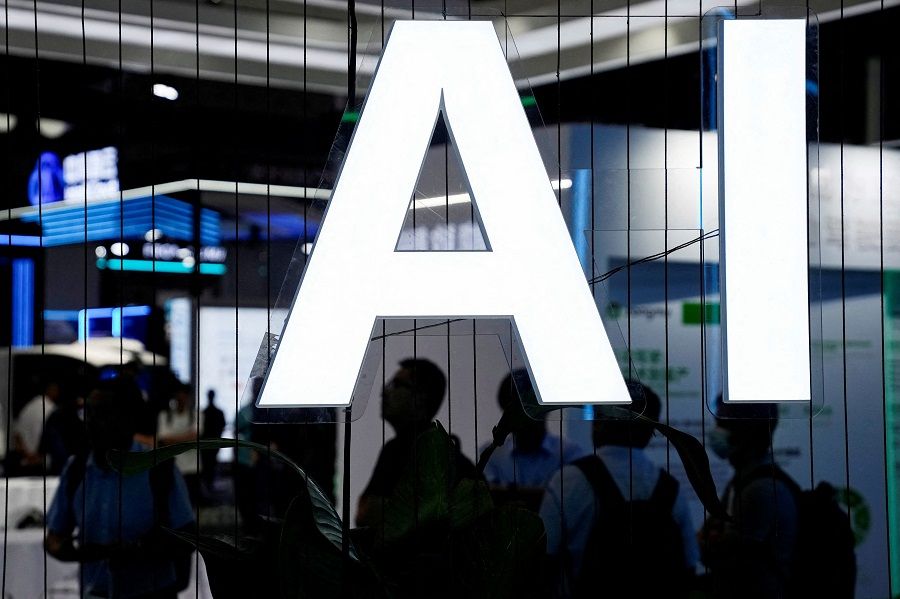
Some netizens even angrily proclaimed: "The Coco Lee that we adore is someone with a soul, not a replica made from a bunch of data!"
"Even if you claim that you are coming from a place of warmth when you use AI to resurrect people in this way, in truth you are profiting from the dead."
"Did Lee's family agree to this? If not, this is hurting them a second time!"
The AI resurrection of Lee quickly spurred public debate, with the topic climbing to the top of Weibo's search list the week the video was released.
"... This is opening up old wounds." - father of one of the celebrities "revived" through AI
Amid the wave of discussion, the blogger who posted the video claimed that he voluntarily did so in response to requests by Lee's fans, and defended his action by saying, "This is not an imitation, but an expression of love towards Lee's fans. Firstly, I did it pro bono. Secondly, I disclosed that this was AI-generated."
The blogger added that he usually charges 588 RMB (US$81) to produce videos of deceased people and emphasised that there would be no risk of being held liable by the deceased's families for the production and posting of the fictitious videos as long as it is not done for commercial purposes.
Besides Lee, late stars such as Hong Kong singer and actor Leslie Cheung, Taiwanese actor Godfrey Gao and mainland Chinese actor Qiao Renliang were also among those who were "revived" using AI. Their opening address in those videos were all generally greetings followed by statements of affection towards their fans.
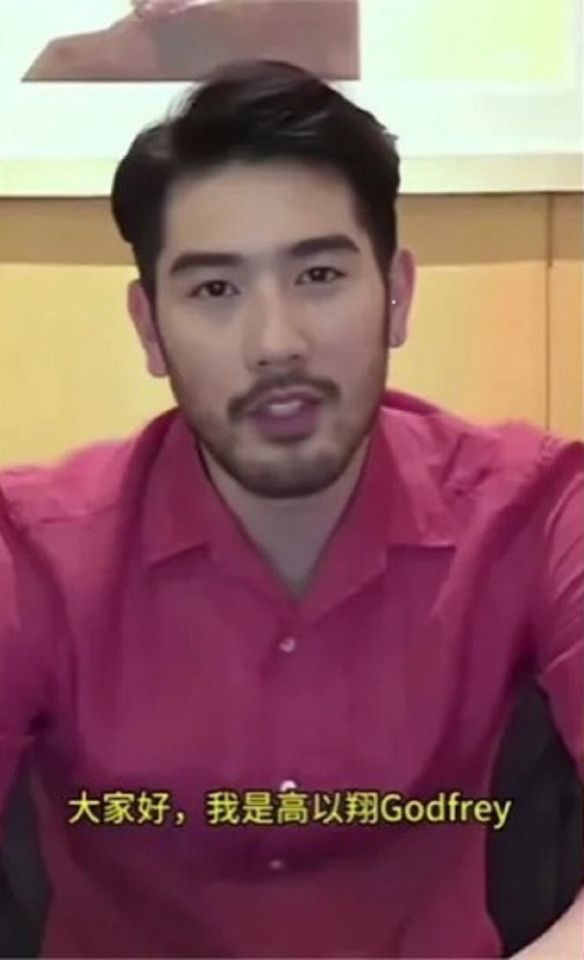
However, Qiao's father expressed to Xiaoxiang Morning Herald that he could not accept the video of his son's "resurrection", and hoped that the videos can be taken down. He furiously stated, "They did not ask for our consent, and it was my niece who saw the video and sent it to me. This is opening up old wounds."
According to Red Star News, Gao's former agent also conveyed the wishes of Gao's family for people to not arbitrarily use the late actor's image.
The Civil Code of the People's Republic of China stipulates that no organisation or individual may infringe upon another's rights to likeness by utilising information technology to falsify one's image...
Is it legal to use AI to 'resurrect' famed personalities?
From the varied responses online, the main controversy for netizens is centred on whether it was appropriate to "resurrect" public figures without their families' consent.
CCTV quoted Zhang Linghan, a professor at the Institute of Data Law at China University of Political Science and Law, who said that China's Regulations on the Administration of Deep Synthesis of Internet Information Services requires that where a deep synthesis system provides significant editing functions for biometric information, such as faces and voices, the provider should prompt the user to notify the individual whose personal information is edited and obtain their separate consent.
Zhang stated that if fans wanted to "revive" late stars, it would clearly be difficult to obtain informed consent from the family of the deceased, and this is undoubtedly an act of infringement.
Zhao Liangshan, a lawyer at Shaanxi Hengda Law Firm, also told the Chengdu Economic Daily that currently, technology-aided resurrection is essentially making use of deep synthesis techniques to create a virtual or digital person, and this requires the use of various forms of data such as the face and voice of the deceased to create relevant content in accordance with one's purpose.
The Civil Code of the People's Republic of China stipulates that no organisation or individual may infringe upon another's rights to likeness by utilising information technology to falsify one's image, and that no one may make, use or publicise the image of the right holder without the latter's consent.
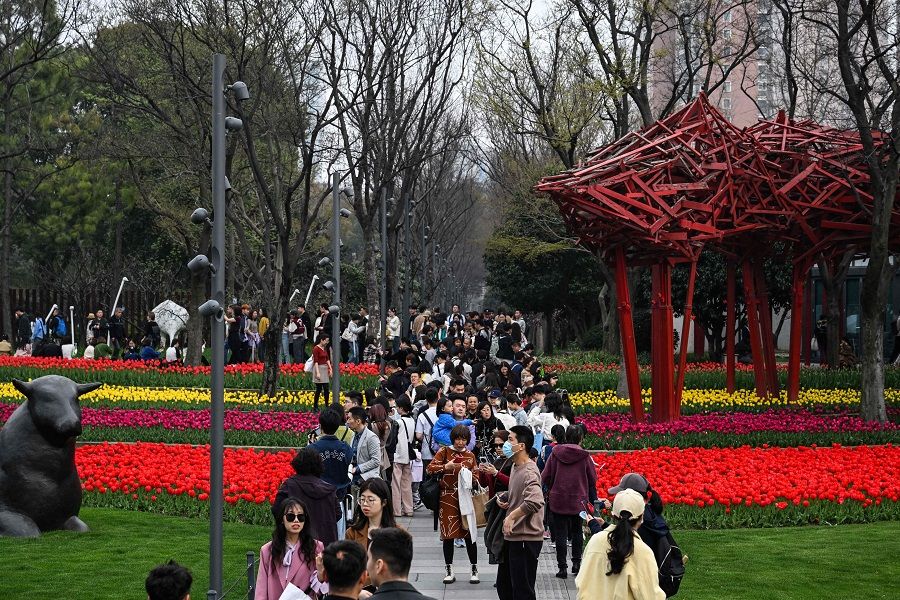
Zhao stressed that even for the deceased, their likeness and reputation rights are still protected by the law. The civil code clearly states that where the name, likeness, reputation, honour, privacy, remains or the like of the deceased is harmed, the spouse, children and parents of the deceased have the right to request the actor to bear civil liability in accordance with law. Where the deceased has no spouse or children, and the parents of the deceased have already died, other close relatives of the deceased have the right to request the actor to bear civil liability in accordance with law.
... a third party's use of AI to "resurrect" deceased celebrities among other public figures without obtaining express consent from their family members could lead to a lawsuit.
In an interview with China News Service's Top News Express, He Zhijuan, a lawyer at Beijing's Han Ding United Lawyers, explained that the key to determining if the use of AI resurrection is legal lies in whether one has obtained authorisation from family members. If the person that is being "revived" has a unique status, there would be a need to obtain authorisation from the relevant organisations.
She highlighted that for famous people, celebrities and those with a certain level of fame, family members should define the scope and manner of use, time period for use, regulations governing the use and so forth when giving authorisation, and reach an agreement on fair and reasonable liability in the event of a breach of contract, so as to avoid unnecessary legal disputes.
In short, a third party's use of AI to "resurrect" deceased celebrities among other public figures without obtaining express consent from their family members could lead to a lawsuit. This differs in nature from family members of the deceased who seek AI resurrection service providers to "revive" their late family members.
AI resurrection as a business
With the improvement of AI technology, the use of AI to resurrect family members has become an assembly line business in recent years. Chinese media outlet Red Star News reported that the use of AI technology to "resurrect" family members has begun to form a production chain in China, with dedicated personnel in charge of posting videos to attract target customers, and another to produce such videos. There is even technical jargon used to communicate with target customers to close deals and a set price list, ranging from 100 RMB to tens of thousands of RMB.
... his team had already given consultations for these services more than 2,000 times, completing 693 projects, with fees ranging from a few thousand RMB to 10,000 RMB per project.
Sun Kai, who has been in the AI resurrection business since 2019, told Chinese official media The Paper (澎湃新闻) that he decided to use AI to "revive" his late mother because he missed her, and when he saw the results of it, his feelings of longing and pain were eased - this was the moment that triggered his foray into the business of digital immortality.
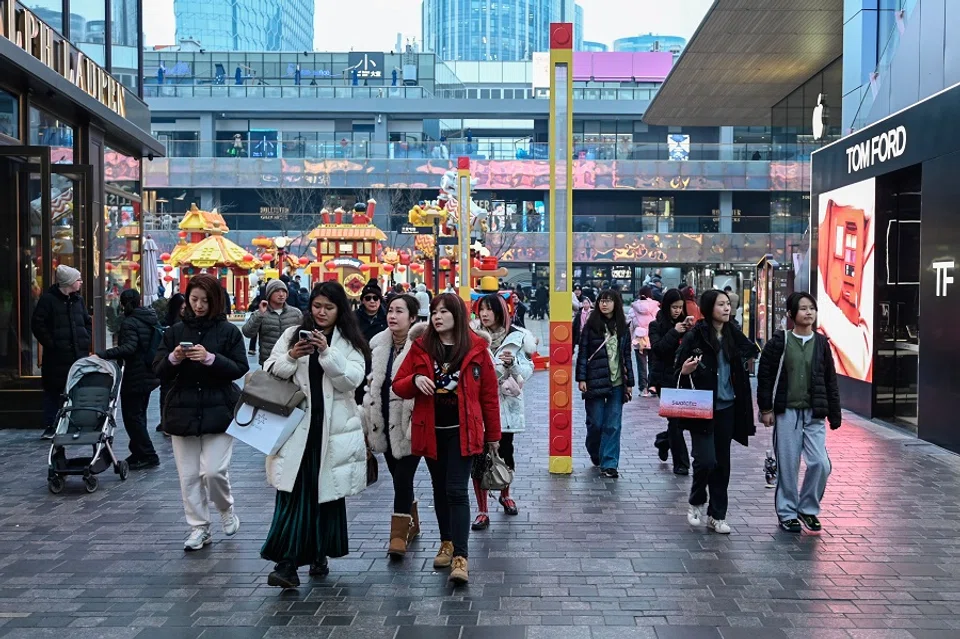
Sun added that since the founding of his company, he has served more than 70,000 people, and the company that he co-founded has become the leading firm in the AI resurrection industry, offering digital immortality products at a uniform price of 9,800 RMB.
The Southern Metropolis Daily quoted industry insider Zhang Zewei, who said that his team had already given consultations for these services more than 2,000 times, completing 693 projects, with fees ranging from a few thousand RMB to 10,000 RMB per project.
Zhang stated that the AI-generated digital persons produced by his team fall under two categories. The first type is intelligence-driven, whereby a virtual digital person that one can converse with is created by collating their image, voice, mannerisms and so forth as data. The second type is human-driven, whereby a person is overlaid with the likeness and voice of the deceased to "roleplay" online and conduct real-time interaction.
China Newsweek reported that this industry has developed in China into a niche market; one can find several shops that offer such products on e-commerce platforms.
However, it seems that there is still a long way to go as to whether AI resurrection can become a fully legal business.
No content against social order and customs
In an interview with Top News Express, Meng Guangyuan, senior partner at Heilongjian's Mengfanxu Law Firm, stated that AI resurrection is an emerging concept. Although it can currently be considered a commercial activity, its legality would depend on the actual details of said commercial activity. At the same time, the content of AI resurrection videos should respect social mores and ethics, and there should not be any content that runs counter to social order and customs.
A report by The Paper referenced a quote by Wu Hai, senior partner at Shanghai's Everbright Law, stating that the development of AI has made "resurrecting" those that passed very easy, and with it comes the problem of "differentiating between real and fake". Moreover, the use of AI revival technology could also be used by criminals.
Aside from the employees who fell victim to the scam, the other participants of the video conference were all scammers who had their faces digitally altered by AI.
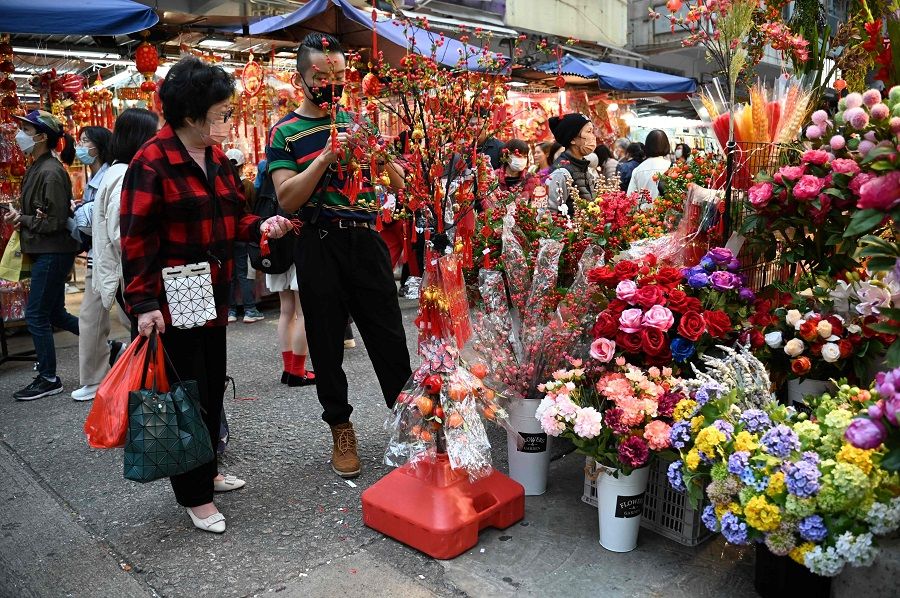
Such concerns are not unfounded. In early February, Hong Kong media outlets such as Ming Pao reported that employees at a Hong Kong branch of a UK multinational company attended a video conference with multiple people hosted by a falsified version of the company's chief financial officer, and then followed instructions to transfer HK$200 million (US$25.6 million). Aside from the employees who fell victim to the scam, the other participants of the video conference were all scammers who had their faces digitally altered by AI.
AI technology is developing rapidly, and there is both positive and negative news surrounding it. Indeed, there is a market demand for the use of AI to "resurrect" those who have passed, and it can satisfy the emotional needs of a particular group of consumers. But when grief becomes a "business opportunity", it is yet unclear how one should deal with the moral controversy and define the ethical boundaries.
Industry standards have also yet to be put in place - for instance, how does one appropriately safeguard or dispose of the data collected on the dead? How do we define the responsibilities of businesses and platforms?
Simply put, how one uses technology, and to what end, is more important than the technology itself.
This article was first published in Lianhe Zaobao as "李玟被AI"复活"了".
